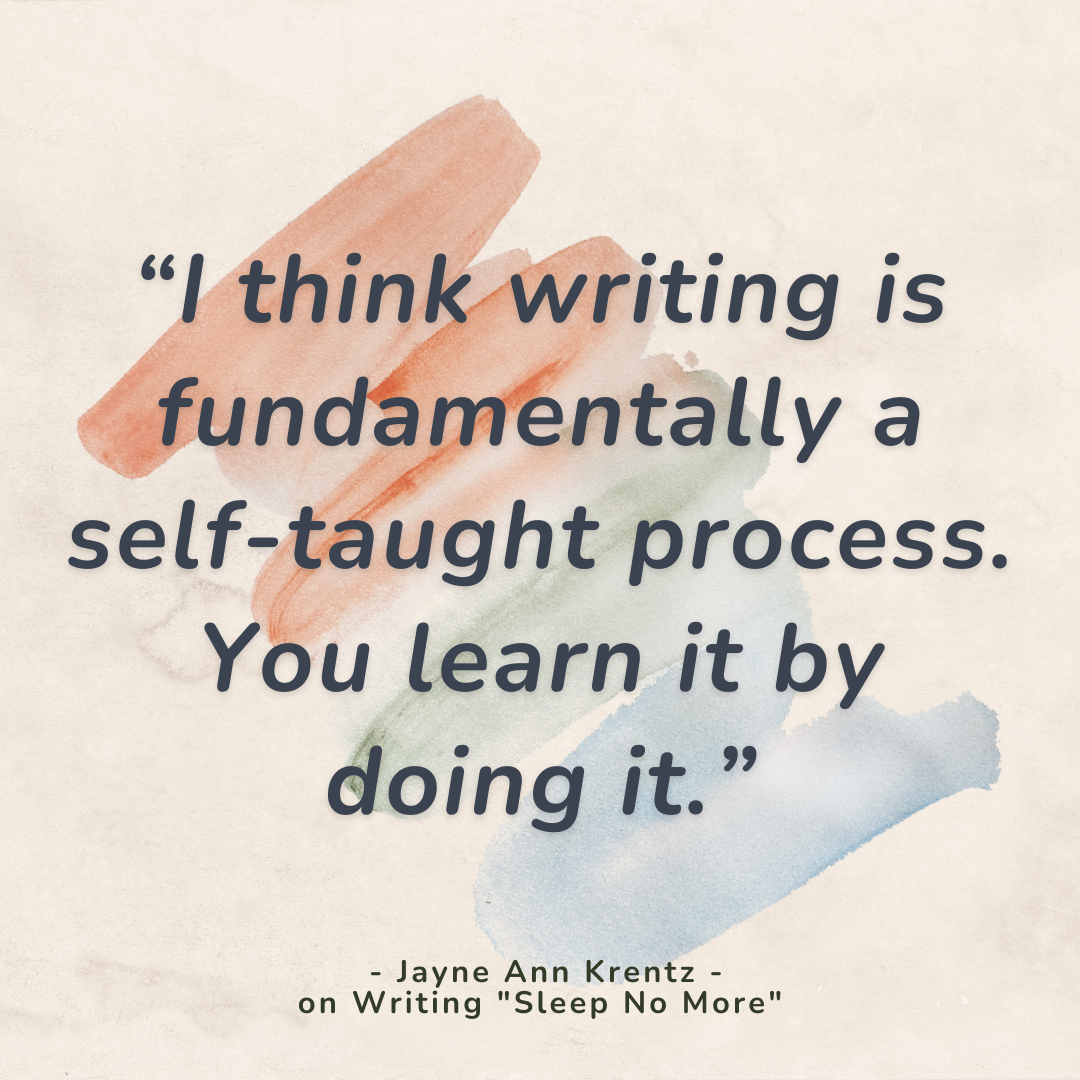Inspiration is a funny thing. It can come to us like a lightning bolt, through the lyrics of a song, or in the fog of a dream. Ask any writer where their stories come from and you’ll get a myriad of answers, and in that vein I created the WHAT (What the Hell Are you Thinking?) interview.
Today’s guest for the WHAT is Lynn Cullen, author of The Woman With The Cure, a riveting novel based on the true story of the woman who stopped a pandemic. The Woman With The Cure releases February 21.
Ideas for our books can come from just about anywhere, and sometimes even we can’t pinpoint exactly how or why. Did you have a specific origin point for your book?
Oh, yes, I have a specific origin point for The Woman With The Cure…that lasted for five years. Every Friday since our now-grown kids were little, I’ve gone on long walks with my friend Karen Torghele. While we always had great conversations, they hit new highs during the years she was an oral historian for the Centers for Disease Control, when she would tell me stories about public health pioneers. But it was when she talked about the race for the polio vaccine between Jonas Salk and Albert Sabin that my That’s-a-Book alarm went off, raising the hair on my arms (my sure-fire sign that I have to get writing.)
Yet, I couldn’t get started. Week after week, month after month, Karen dropped choice tidbits about these two friends-turned-archenemies, told from the viewpoint of their former colleagues. I felt the urgency of the two battling time and each other to end the disease which was paralyzing or killing thousands of children and young adults every summer. But the whole time I wondered, what about the women in the race for the vaccine? I had to do some digging—women in science in mid-century America are truly hidden figures—but in time leading women emerged in every aspect of the race. Once I found Dr. Dorothy Horstmann, the story burst into bloom.
Once the original concept existed, how did you build a plot around it?
The real-life race to beat polio, which was permanently disabling or killing more children every summer, provided a harrowing plotline. The stories of the women who battled polio had to be told, in addition to that of Dorothy Horstmann, whose difficult personal life had to be reckoned with as she fought to reveal how polio worked so that a vaccine could be made. History—or in this case “herstory”—provided a handy framework.
Have you ever had the plot firmly in place, only to find it changing as the story moved from your mind to paper?
Always. I lost count of how many revisions The Woman With The Cure took. Only two chapters survived somewhat intact from my original first draft. But I love revising. For me, one of the great pleasures of writing is when something that should have been obvious suddenly comes to light, shining the way to a new understanding of the story. I live for those eureka moments.
Do story ideas come to you often, or is fresh material hard to come by?
Oh, ideas come often. It’s whether they still stand after exposing them to the light of reason that’s the hard part.
How do you choose which story to write next, if you’ve got more than one percolating?
The story that needs to be told makes itself pretty clear. It’s the one I can’t stop thinking about, day and night, and that seems to want to write itself.
I have 6 cats and a Dalmatian (seriously, check my Instagram feed) and I usually have at least one or two snuggling with me when I write. Do you have a writing buddy, or do you find it distracting?
Nice crew you have there! Personally, I don’t know how to write—or live—without the company of my buddies. My German shepherd, Rosie, and my cat, Baby, are snoozing nearby as I write this. We send greetings to you and yours this rainy morning, and a big thank you for this interview!
Lynn Cullen is the bestselling author of historical novels The Sisters of Summit Avenue, Twain’s End, Mrs. Poe, Reign of Madness, and I Am Rembrandt’s Daughter. Her novel, Mrs. Poe, was named a Book of the Week by People Magazine, a Target Book Club Pick, an NPR 2013 Great Read, an Indie Next List selection. It was also a book of the month at Costco, an Oprah Book of the Week, and Atlanta magazine named it one of the Best Books of 2013.





